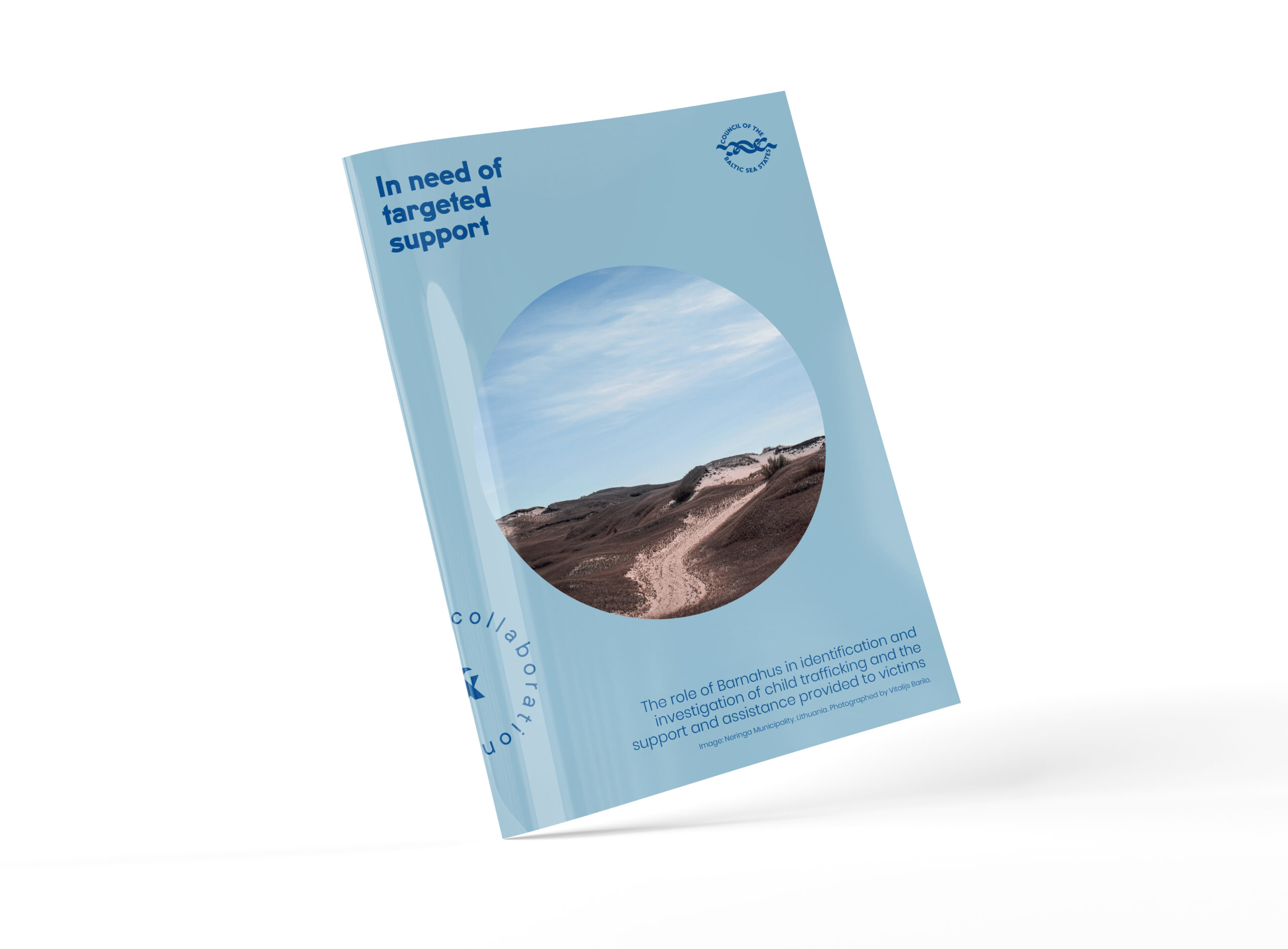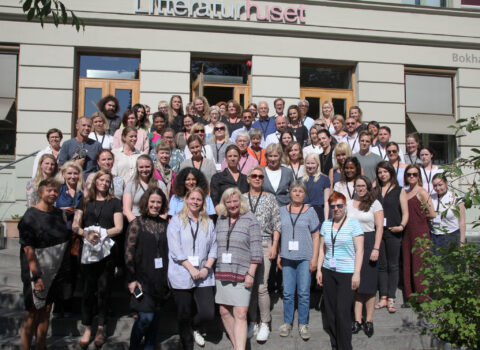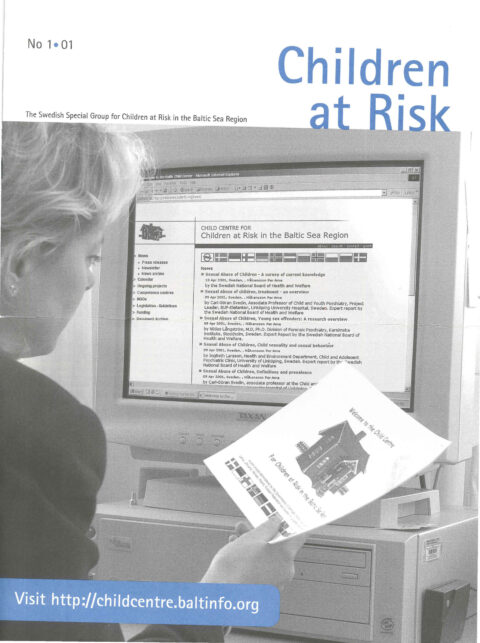
This report focuses on whether Barnahus, or Barnahus like services, currently do or might play a role both in enhancing the identification, support and assistance provided to children who may have been trafficked and in supporting criminal investigations into cases of child trafficking. The orientations and recommendations for future action arise out of findings from a short study and consultations with key experts in six countries in the region. In particular, the study notes:
- Identification of trafficked children is challenging, currently limited and requires further action across the region. Significant difficulties arise in criminal investigations in such cases, including in terms of achieving disclosures by children and ensuring procedural safeguards are in place during the criminal proceedings.
- Trafficked children’s access to services and assistance may also be hampered by the difficulties experienced in coordinating child protection and criminal justice proceedings, as well as migration-related proceedings in cases involving children from other countries.
- Recent conferences have explored how digital technology appears to be playing a role in an increasing number of cases of sexual and other exploitation, including through on-line recruitment by traffickers posing as individuals or potential employers. However, digital technology also holds the potential to play a significant role in combating trafficking.
- While currently experience in Barnahus in relation to trafficking cases is generally limited, it appears that children who have been sexually exploited through trafficking are likely to fall into the target group of many Barnahus, with the potential for other forms of exploitation of children through trafficking also to be covered in some Barnahus.
- The inter-agency, child-centred Barnahus model has features which would likely significantly assist in such cases, including the use of digital technology to fulfil the procedural safeguards required by EU law. This includes reducing secondary traumatisation and re-victimisation, through limiting the number of interviews for a child and avoiding contact with the offenders. Barnahus practice also has important potential to strengthen the child’s access to support and assistance.
- Barnahus procedures may require adaptations to ensure they have both the specialist knowledge and tools, such as adapted interview protocols, to be used effectively in cases of child trafficking. In any event, Barnahus staff should be equipped better to recognise indicators of child trafficking and to ensure that children in their current caseload who have been trafficked – or at risk of being trafficked – can be identified.
- Within the Barnahus, existing inter-agency cooperation should extend to the actors involved with trafficked children, including specialised trafficking law enforcement teams or organisations working with trafficked children,
- Moreover, to operate effectively in such cases, Barnahus should be integrated into a broader system of inter-agency cooperation, including any national referral mechanisms for trafficking, whether they are already established or remain to be established.
- Improving the coordination of criminal proceedings and child protection proceedings may require further exploration of improvements to procedures for identifying durable solutions for trafficked children. In some cases this may involve the provision of residence permits. The role and/or timing of steps to be taken in Barnahus proceedings in cases where this arises should be carefully explored in light of relevant national policies.
- There are different opportunities for progress in different countries and a wide range of measures that could be taken incrementally to build capacity in the system. Concerted efforts across the Baltic Sea State region, including through exchange of experience and the development of regional resources, could support individual states to take targeted action, in line with their specific situations, and in line with emerging trends.
This study was commissioned by the Council of Baltic Seas States from Child Circle in the context of the Lithuanian presidency of the CBSS 2020-2021.

